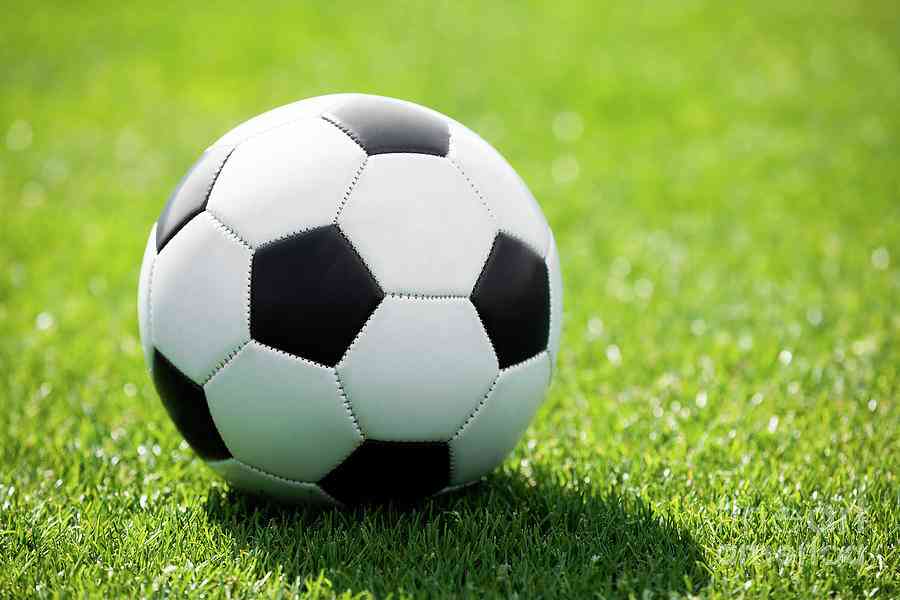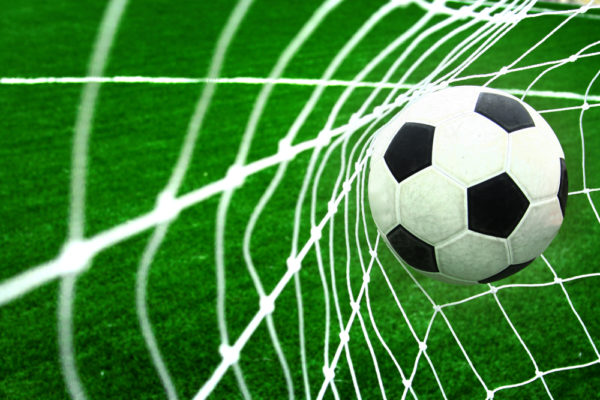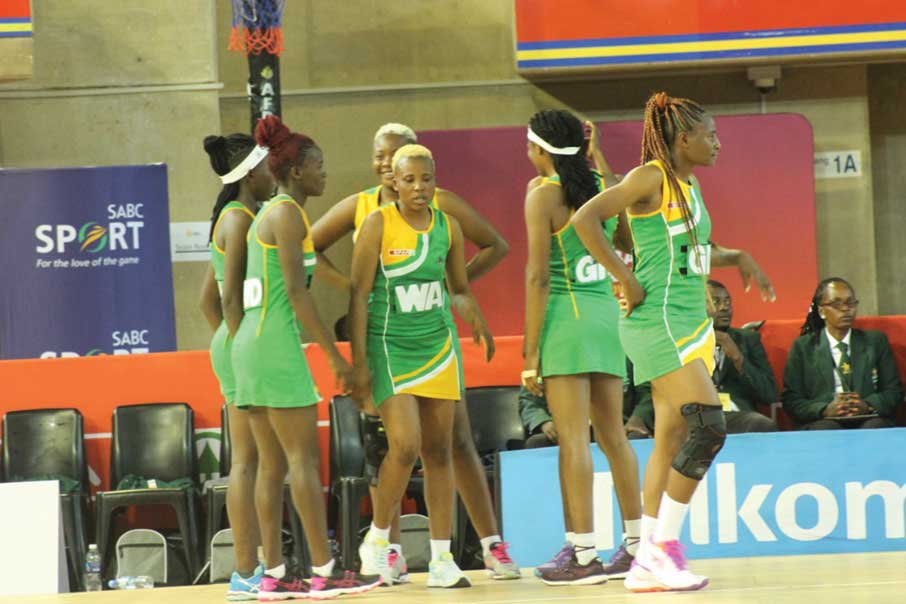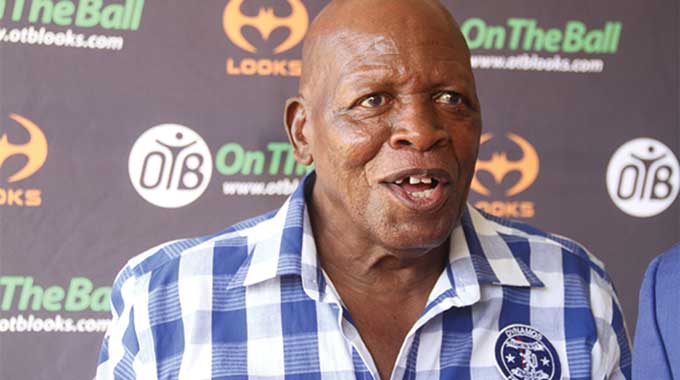
Remember the topic of ‘inequalities’ in Maths? We know what the sign for, as well as the meaning of, ‘equals’ is; the one side is balanced fairly, accurately and equally with the other. It means both sides have the same value.
Equally, we will no doubt recognise the ‘greater than’ and ‘less than’ symbols in equations.
Generally, it is not too difficult to work out the difference between the two sides. We would probably all determine then that nought is better than minus one.
Arsene Wenger was for many years the highly successful manager of the famous Arsenal soccer team (called ‘Invincibles’ for going through the entire English Premier League season undefeated in 2003-2004, a feat only ever achieved once before, way back in the nineteenth century) and such was his tactical acumen and clinical accuracy in his preparation of teams that his nickname was ‘The Professor’.
Looking at him and listening to him, we would perhaps consider him to be a Mathematics Professor. He would no doubt therefore find the matter of ‘inequalities’ very easy. Certainly, for them to achieve success, his Arsenal side’s ‘Goals For’ was greater than his ‘Goals Against’.
Currently, Wenger is Fifa's Chief of Global Football Development. He may well be concerned for the global development of soccer as a game (though it might be pointed out that it is popular already in every country in the world) but equally he has shown that he is concerned for the development of individual children.
This is because he was once attributed as saying that “Between the ages of five and twelve, it’s better to have no coach than a bad coach”. Nought is greater than minus one. We will do well to consider this sporting equation carefully, and in particular with reference to the first part of the sentence, namely “Between the ages of five and twelve”.
We would be tempted, after all, to think that surely ‘nothing’ is not better than ‘something’ but we might reflect further and really question if nothing is better than something bad (something negative). Is ‘No food’ better or worse than ‘Bad food’? Is ‘No book’ better or worse than ‘Bad book’? How then might ‘No coach’ be better than ‘Bad coach’?
- School of sport: Do the Maths
Keep Reading
Children of a young age do often have no coach when they play their sport; they get together at breaktime on the school fields and kick or pass a ball around, while each occasion means they are learning by themselves, finding out for themselves what to do and how to do it.
They have fun while they do so, meaning they will want to go out again the next day at breaktime and even after school. They run and run around with great excitement. They make mistakes but get up and try again unperturbed.
So, they keep fit, have fun, play with friends, and will continue forever. Even without a coach, children can go far in sport and they will be far more likely to continue with sport long after they leave school.
In contrast, if children have a bad coach, they will grow to hate the sport (all sport, even) and give it up early, even if they are good at it. The bad coach is the one who insists at that young age on winning being everything. At that age the bad coach is the one who goes on and on about tactics, about drills and fitness; he is obsessed with both ‘Now’ and ‘Won’. There is no variety in the drills, in the teams, the games, the positions.
The bad coach is the one who shouts at the children, who swears at them, who shows his disapproval, anger, dismay and frustration with gestures, looks, and tones. These are children, not adults, not professionals, not Invincibles; let them play and have fun. They make mistakes but are petrified to try again, due to the bad coach.
One commentator who read of Wenger’s assertion was led to point out that “The person coaching your child will have a massive impact on their long-term participation”.
The point of sport at junior school in particular is to ensure children will have long-term participation in sport, at whatever level. The bad coach therefore will curtail the enjoyment of sport in youngsters very quickly.
Nothing is bigger and better than minus one. Do the Maths – and the sport. Become the Chief of Children Football Development; be the professor in terms of sporting mathematics. No coach is greater than a bad coach. Leave the minus sign away from minors. Fifa can stand for Football Is For All.
No wonder Wenger was a winner!










